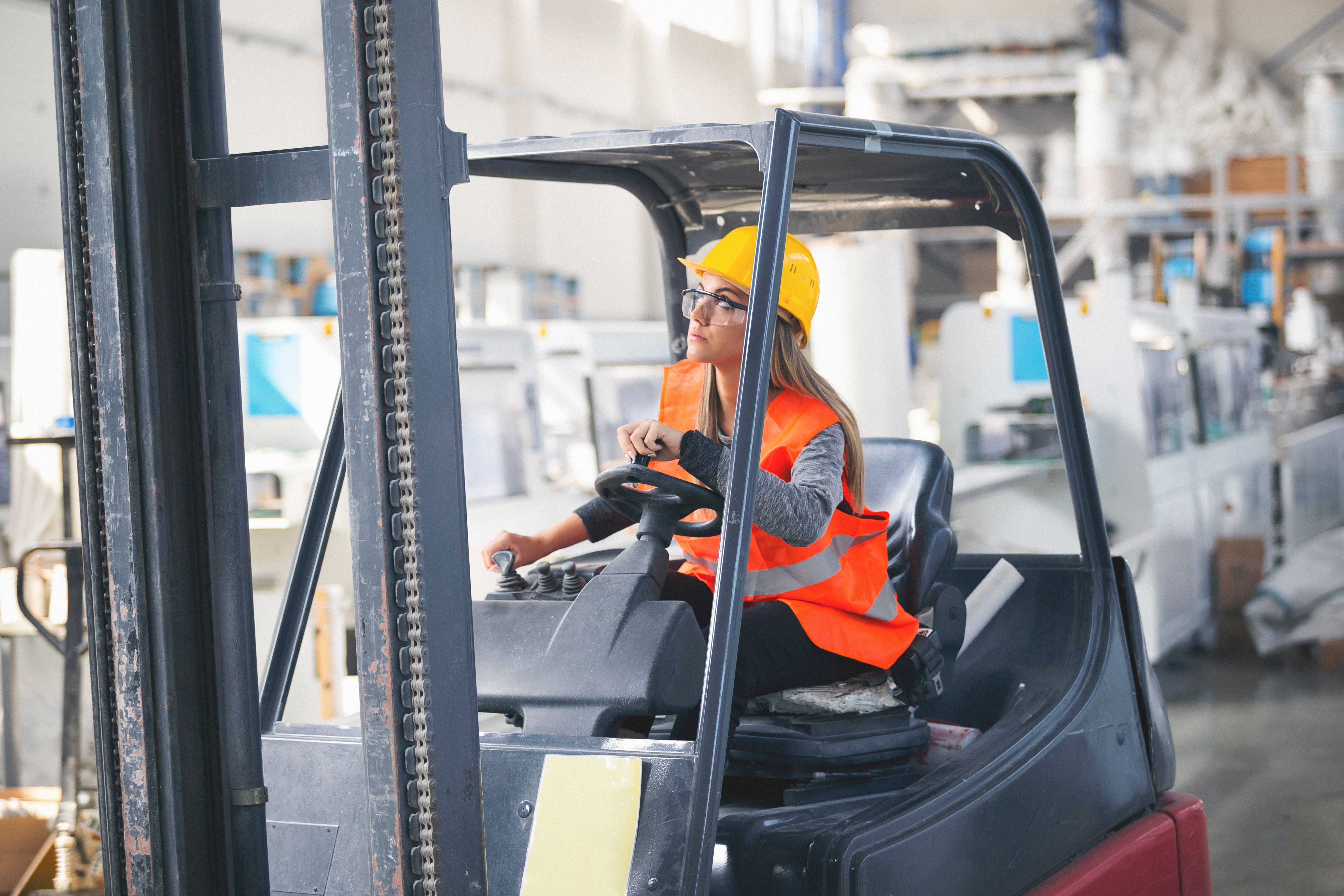We often receive questions about operating an electric forklift in various weather conditions. Because these forklifts rely on complex electrical components, it is important to know when and where you can run your electric forklift.
Three frequently asked questions we receive about using electric forklifts in the rain are:
- Are electric forklifts able to operate in the rain?
- How waterproof are electric forklifts?
- What safety precautions should I take in the rain?


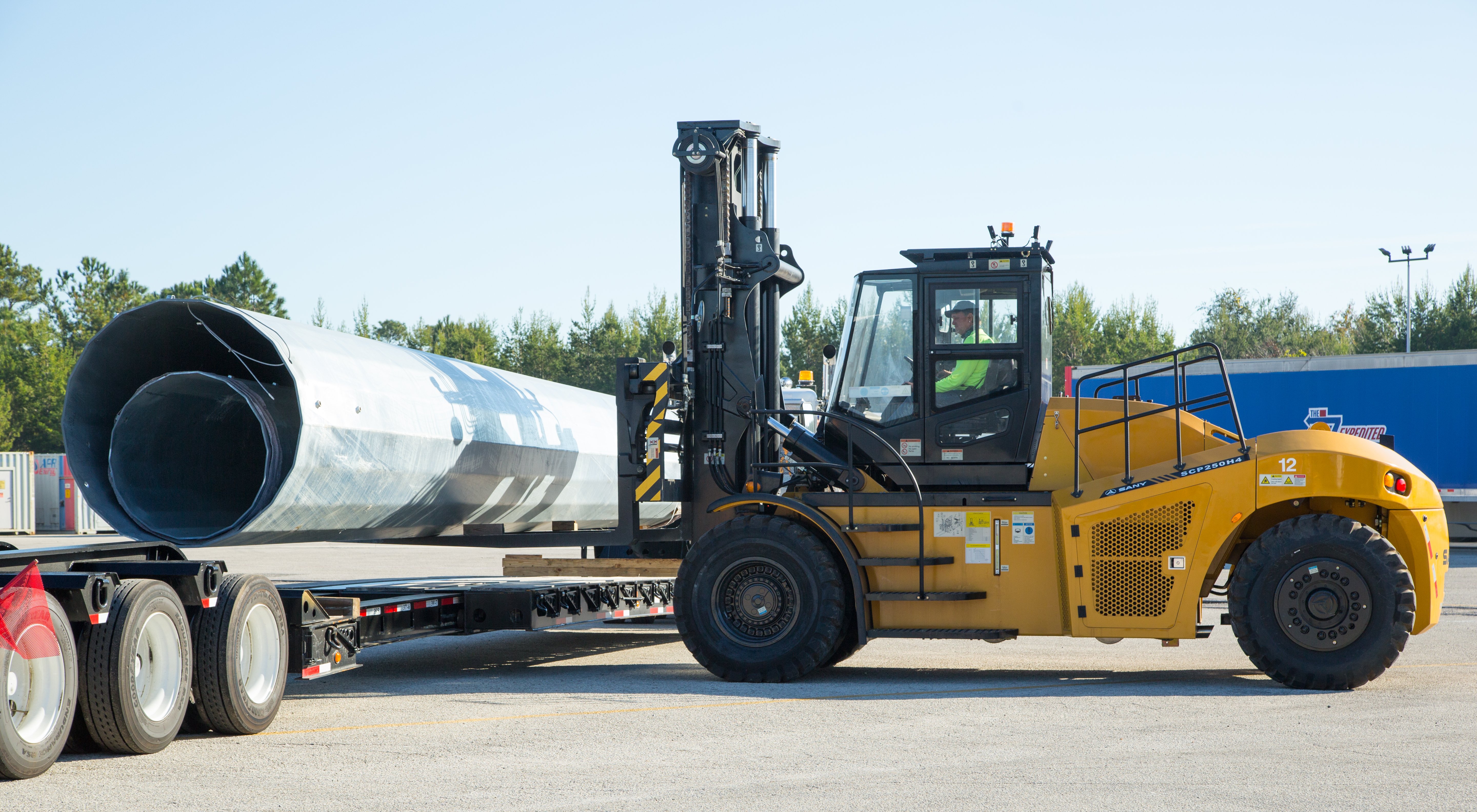
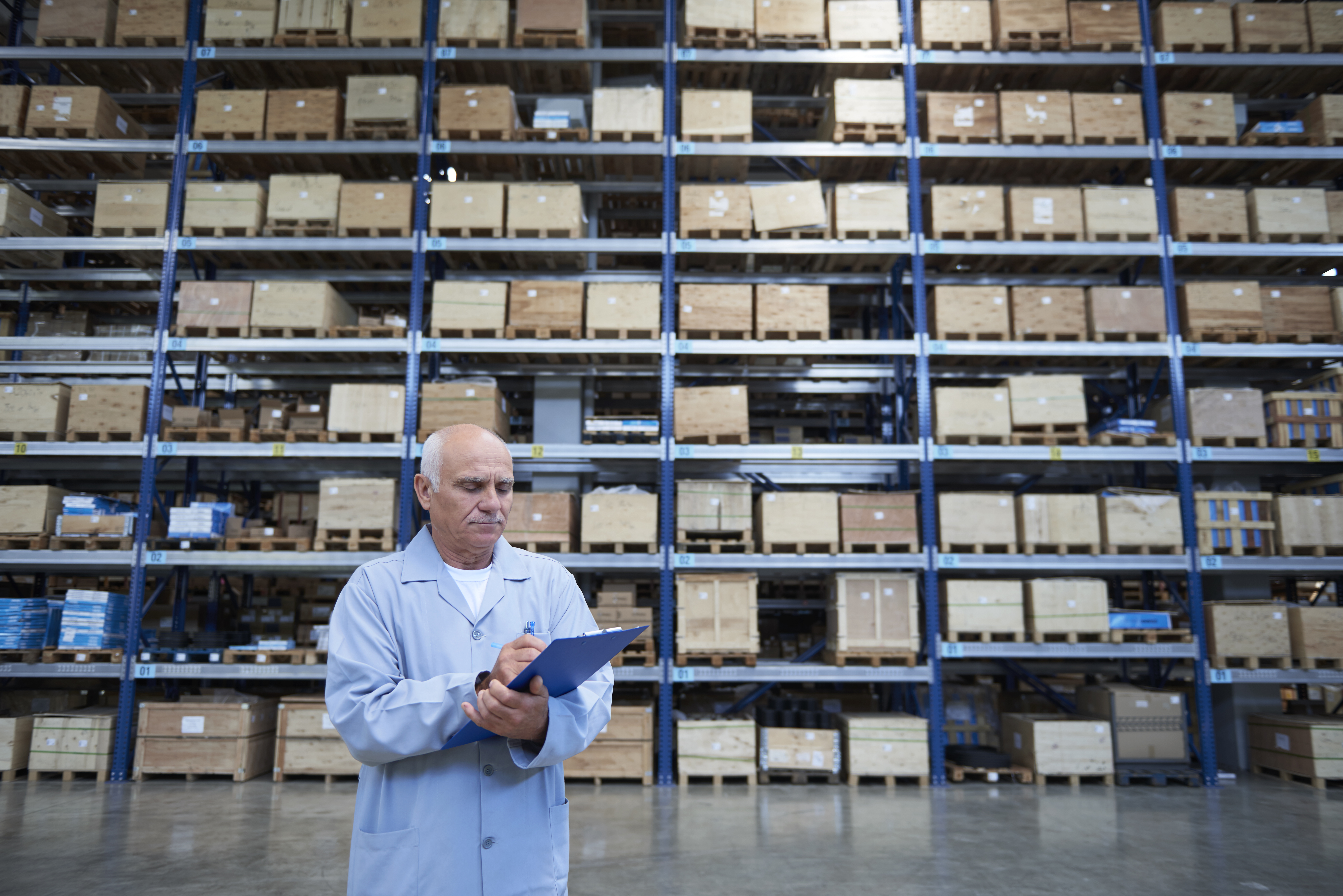

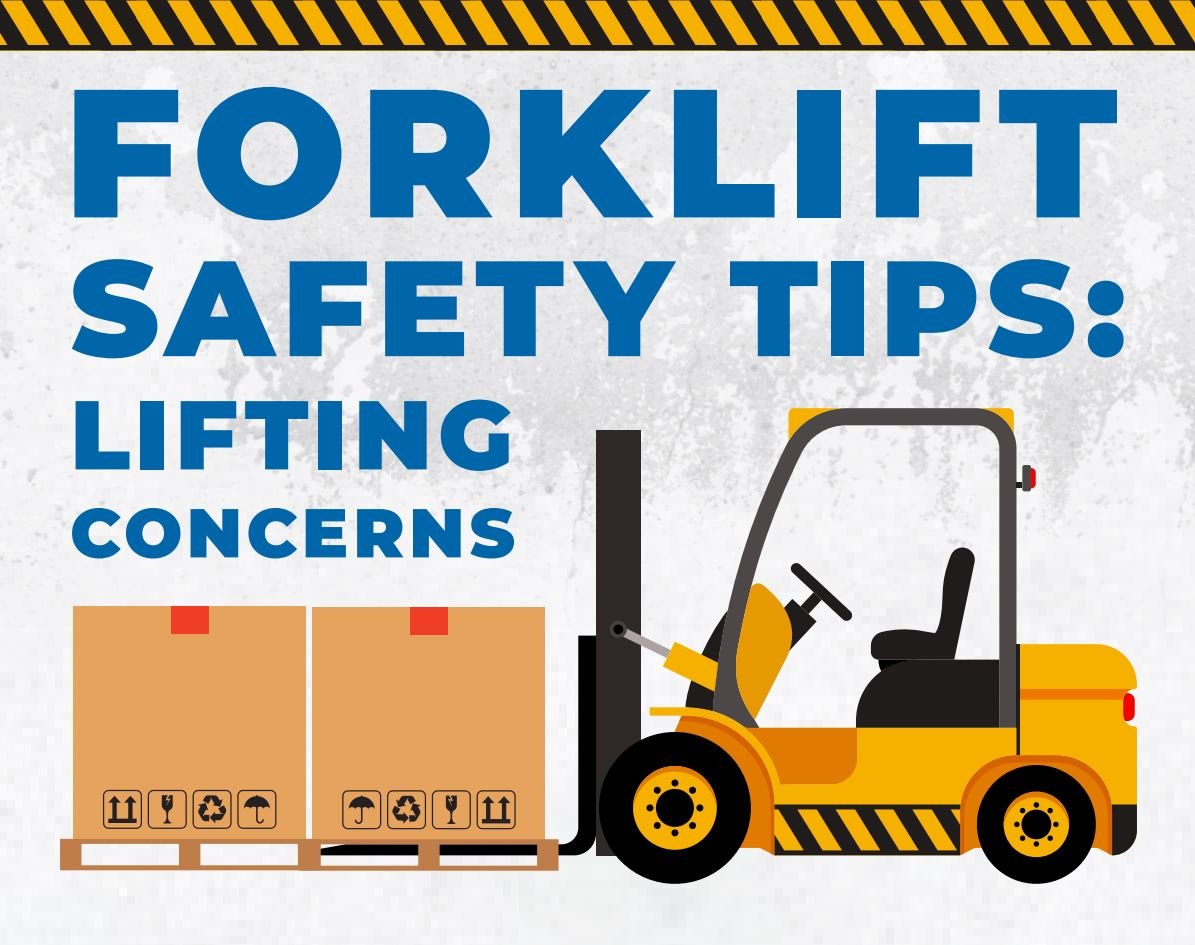
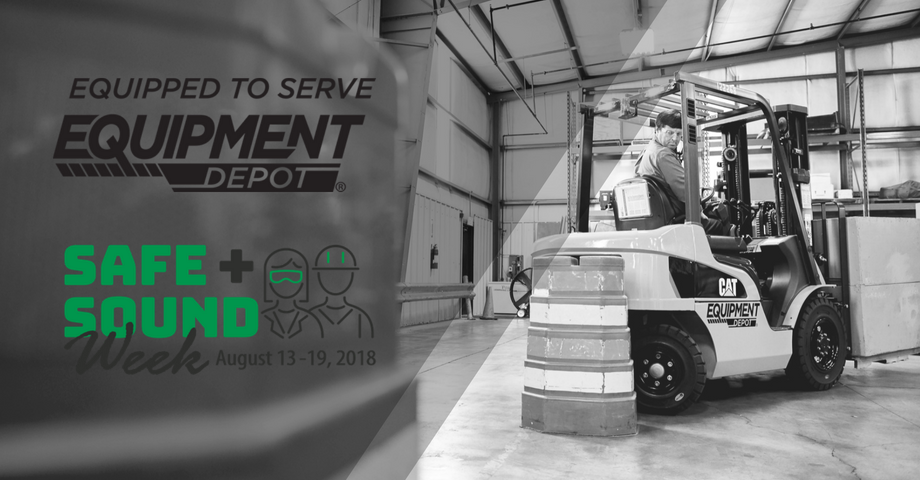
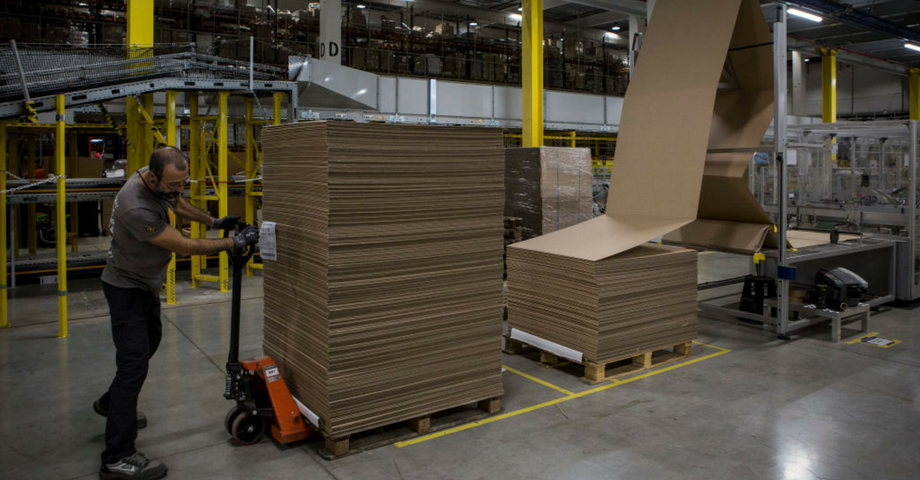

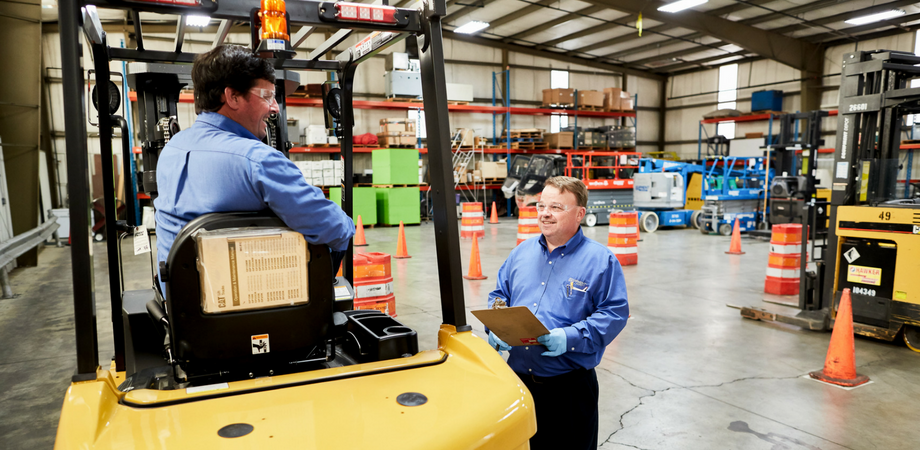
.jpg)
